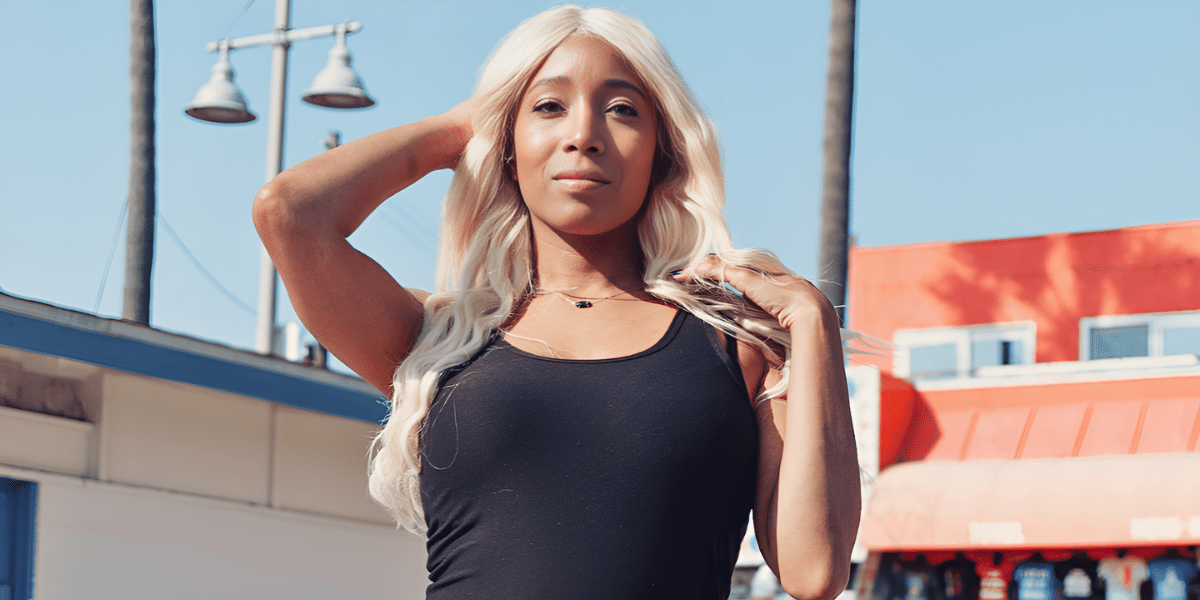By: Sean Scott
If you have to ask the price, the saying goes, you can’t afford it. But the definition of price has shifted over the past two decades. More and more, customers are looking past the price tag. They want to know the environmental and social costs of the products they buy, especially those associated with the clothes and shoes they wear.
A few months into the pandemic, consulting giant McKinsey surveyed thousands of European consumers and found that two-thirds of them believed that limiting impact to climate change had become more important to them personally. Additionally, nearly nine in ten stated that more attention should be paid to reducing pollution, and the vast majority of consumers surveyed wanted the clothes they buy to reflect their personal values.
The McKinsey study underlined trends that industry observers and futurists have discussed for several decades, in particular that customers are becoming more proactive when it comes to choosing fashion. Even as fast-fashion blanketed the globe, brands like TOMS and Everlane were paving the way for sustainable, transparent, and ethical apparel. Governments and large corporations have since jumped on the bandwagon. In 2009, for example, the Danish Fashion Institute held the first sustainable fashion summit. Ten years later, the president of France and the CEO of Gucci-owned Kerig unveiled the eco-driven Fashion Pact. Alongside these initiatives, others have followed aimed at making the fashion industry carbon-neutral by the beginning of the next decade.
“Consumers have realized that low-cost items come at much too high of a price,” says Sean Scott, co-founder of Los Angeles-based premium shoemaker COMUNITYmade. “Human rights abuses and sustainability are just some of those high prices, but there are plenty of others.”
Sean spent years at TOMS, which famously gives away a pair of shoes for each pair sold. “I’m the crying guy in the TOMS video,” Sean introduces himself.
Sean and his wife Shannon who co-founded COMUNITYmade decided early on that its shoes would be designed and manufactured by hand in downtown Los Angeles, bucking the industry’s practice of mass manufacturing in Asia. “We want to give back locally in order to fuel our mission of making a difference in the community,” says Scott. True to their word, COMUNITYmade donates up to 20% of each sale to a charity of the customer’s choice at the point of purchase; beneficiaries include organizations that provide jobs, homes, and educations in Southern California’s marginalized communities.
However, there is a caveat; COMUNITYmade is forced to buy many of its materials overseas, like leather from Italy. Why? According to Scott, “Many of our materials come from overseas – not because it’s less expensive, but because the best shoemaking materials are VERY hard to come by in the US. We are eager to create sources for these in the USA, and are working diligently with multiple suppliers to make that happen. When we do, you will hear about it because we’ll be too proud and excited to keep it to ourselves.”
In addition, according to Scott, lower-cost materials often lead to early disposal of products into landfills. “Quality materials and constructions can last years if properly maintained,” Scott observes. “Buying one quality pair of shoes versus five pairs of inferior shoes oftentimes ends up costing the same amount, but creates far less waste. Europeans have practiced this idea for centuries.”
To make matters worse, the rise of e-commerce in tandem with fast fashion means millions of orders are either misfilled or regretted after being purchased. These products also tend to end up in the trash, as it is often more expensive to re-process the goods than they are worth, especially if the goods are shipped by overseas retailers or labels.
COMUNITYmade sells online, but the brand’s center of gravity is a downtown Los Angeles showroom that doubles as a community gathering space. Customers and locals are encouraged to hang out, sip their coffee, and learn about the history of the shoemaking industry in Los Angeles, as well as the people who now craft its shoes just a few miles away across the Los Angeles River. Scott says that COMUNITYmade is proud to be a For Benefit Corporation, i.e. a business entity with a dual purpose: making a profit and promoting the public good.
After a post-Covid buying binge that benefited Amazon and other huge retailers enormously, community- and quality-based companies have seen a recent market shift in their favor. Last quarter, for example, discount retailers like Wal-Mart and Target — both of which are major apparel retailers — posted disappointing earnings, while higher end department stores like Nordstrom and Macy’s outperformed. In April, in-store sales were up 10% while e-commerce sales actually fell 1.8%, according to MasterCard’s monthly SpendingPulse report. If these trends continue, it will be further proof that the consumer attitudes about sustainability elucidated in the McKinsey study could be, well, sustainable.
Scott hopes so. “The truth is that customers do good by buying well,” he says.






